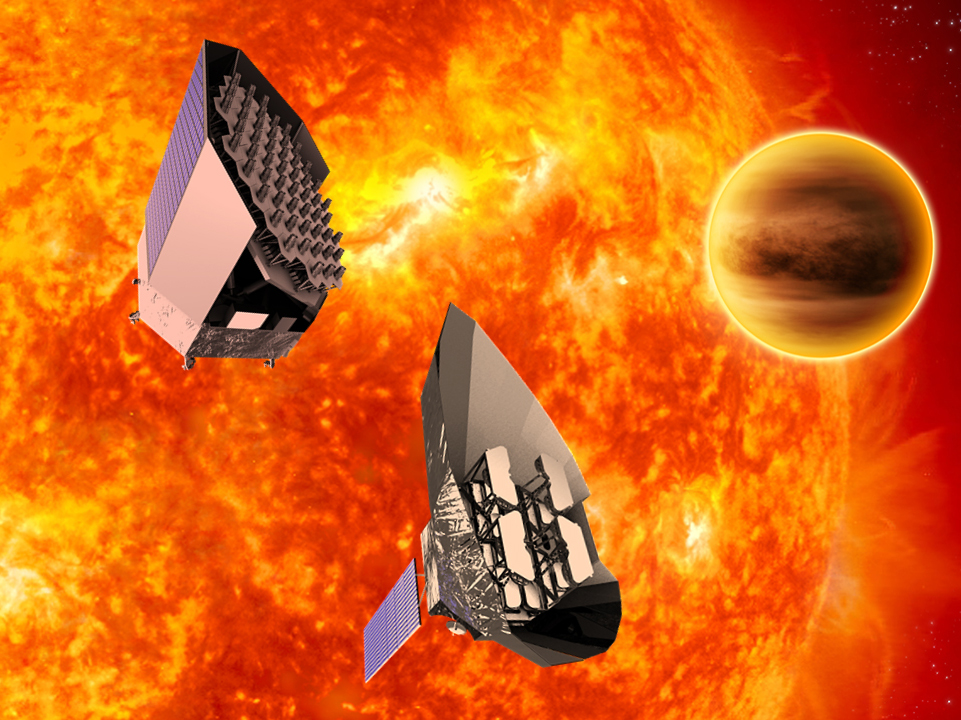Planet-hunting Plato Wins Backing of European Scientists for $1B Medium-class Mission

TOULOUSE, France — European scientists have proposed that the Plato mission to hunt for habitable planets be selected as the European Space Agency’s next Medium-class mission for launch between 2022 and 2024, European government officials said.
Having been selected from among four candidates by the Space Science Advisory Committee, Plato will now be presented to the final jury, the Science Program Committee, which will decide the issue during a Feb. 19-20 meeting.
In the past, the program committee has almost always agreed with the advisory committee’s assessment.
Selection as a Medium-class mission means Plato would be given a budget of around $1 billion, including some 600 million euros ($800 million) from the 20-nation ESA. The remaining funds would be provided in the form of science instruments built by national laboratories and space agencies.
Plato’s likely victory is one of persistence. In 2007 its backers competed for selection in, successively, ESA’s M1 and M2 mission competitions but Plato was left on the sidelines.
The Science Program Committee subsequently agreed to permit Plato to be placed into the latest competition.
One unusual characteristic of the Plato mission is that it would require the serial production of cameras and charged-coupled devices. Production in series is rare among science missions, which are generally one-off satellites with unique elements crafted one by one.
In Plato’s case, 32 cameras would be built and divided into four groups. Each camera would carry four charged-coupled devices.
Thales Alenia Space and Airbus Defence and Space both designed Plato models. A selection of a contractor has yet to be made.
Follow Peter on Twitter: @pbdes
Related
ncG1vNJzZmiroJawprrEsKpnm5%2BifHSFkmxsqaSRo7K1eceupa2hnpx6sbjAraZmr5mjwG6uwJyioqaXYrynecSuqaiolZa7br%2FCopynrJmowbR5xaipZmmSYrqmsMiupGg%3D